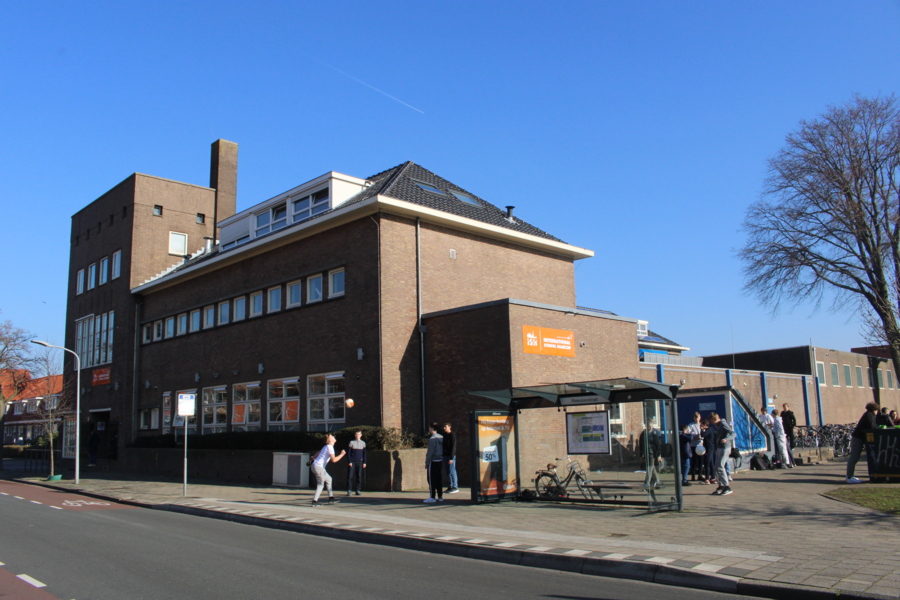
By law, every school in the Netherlands is linked with a medezeggenschapsraad (MR). This is a participation council, where elected representatives of teachers, students and their parents consult the heads of school on policy matters.
There are three ways in which the MR is involved in policy making at our school:
receiving information from the school management concerning school policy
giving advice about policies
giving approval for actions to take place
Please find our most recent update here:
Primary Parents | Meenakshi Malik and Alexander Meyer |
Secondary Parents Secondary Students | Manon Blaxland Trisha Ellis |
Primary Staff | Janine Ric-Hansen and Amy Stottelaar |
Secondary Staff | To be determined |
If you have any questions or suggestions, just email us at mr@internationalschoolhaarlem.nl.